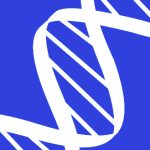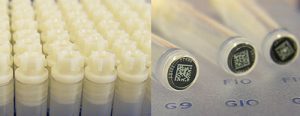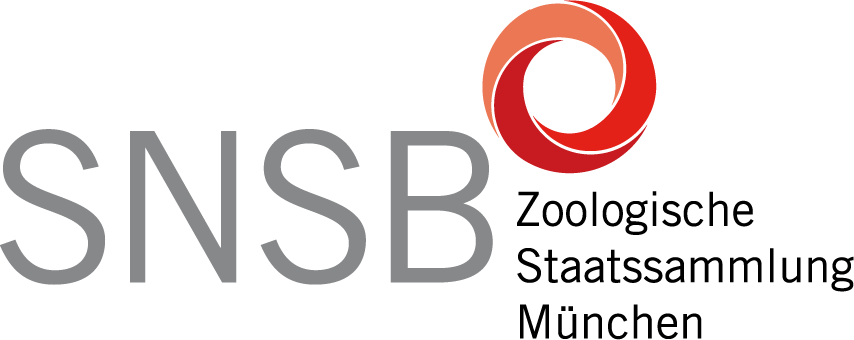DNA Storage
Established as part of the DNA Storage Network

The DNA Repository at the ZSM was established in 2007 during the project “DNA Bank”, funded by the German Science Foundation (DFG). The ZSM holds departmental collections of the Bavarian Natural History Collections (SNSB) and offers assistance for SNSB researchers in curation and management of tissue and DNA samples as well as obligations and responsibilities resulting out of the ratification of the Nagoya Protocol and respective European and Germany laws regulating utilisation of biological material stored in ex-situ collection.
The SNSB fully endorse, as part of the CETAF consortium of non-commercial scientific institutions in Europe, the Convention of Biological Diversity (CBD) and the Nagoya protocol. Together with CETAF, SNSB contributed to developing and adopting the CETAF Code of Conduct for Access and Benefit-Sharing, together with a clear Use Statement and Best Practices, to comply with European Access and Benefit Sharing legislation.
The ZSM DNA Repository centralises maintenance and standardises procedures with the intention to guarantee long-term accessibility and conservation of these genetic resources. Samples are stored in walk-in freezers and mechanical upright freezers at -80°C, -25°C, or +4°C depending on the curatorial needs of the specimens. Unique IDs of samples links genetic material with associated metadata of respective voucher material and allows tractability of extracts and associated museum specimens that are deposited in SNSB collections.

DNA samples are stored in individually labelled 2D-barcode tubes (96-well format) at -80°C to guarantee optimal storage conditions and a secure sample identification management.
Inquiries for DNA or tissue samples for non-commercial scientific research, education, and conservation need approval departmental curators of the SNSB. Processing of external requests at SNSB and ZSM is guided by the CETAF Code of Conduct. Enquirers of biological material are required to agree to use specimens and associated data in compliance with international laws and conventions under which the biological material was originally collected, and have to sign respective Material Transfer Agreements before specimens are transferred.
Contact
Prof. Dr. G. Haszprunar (haszprunar@snsb.de)

